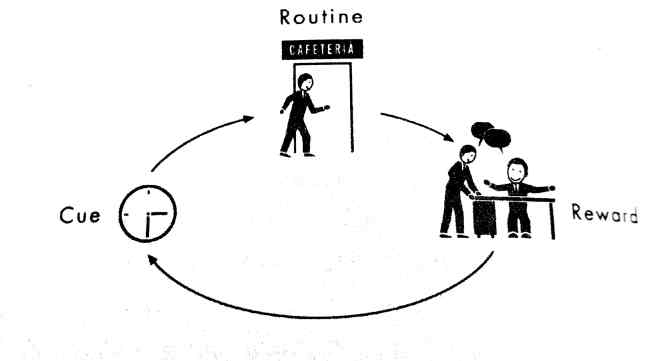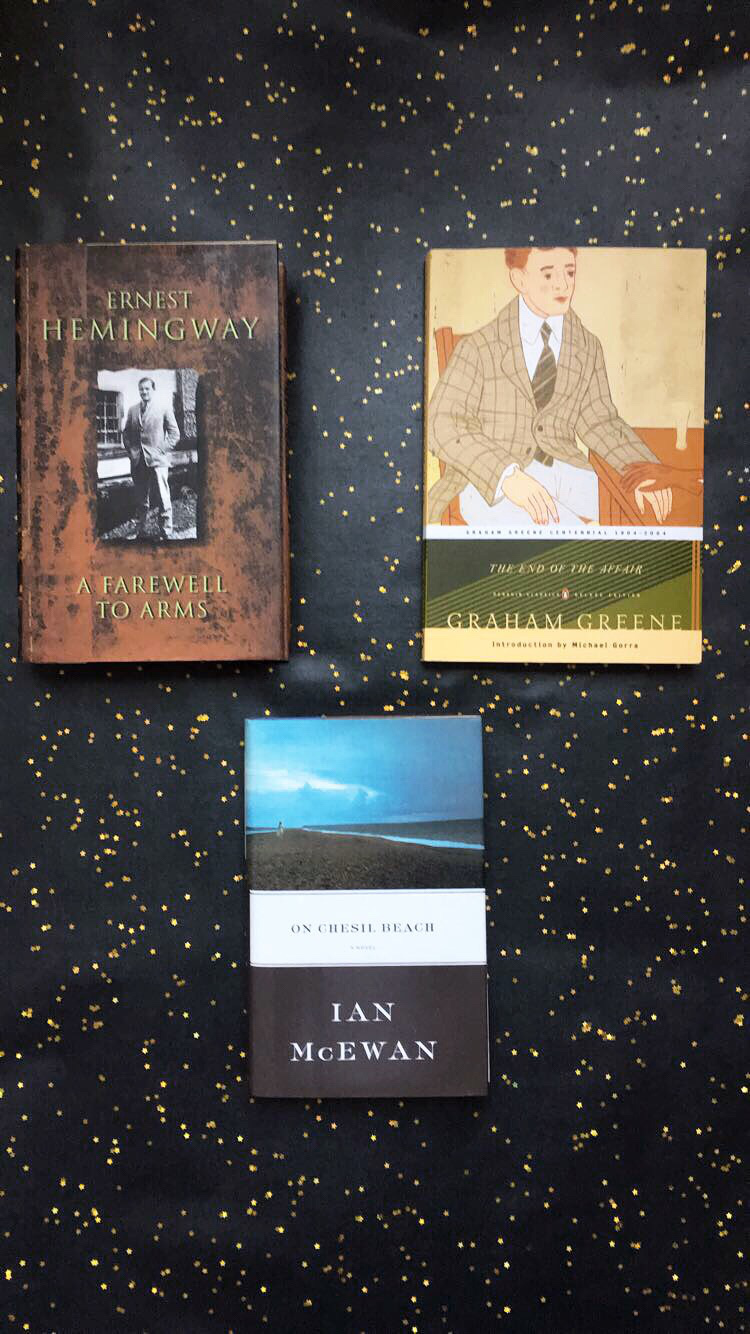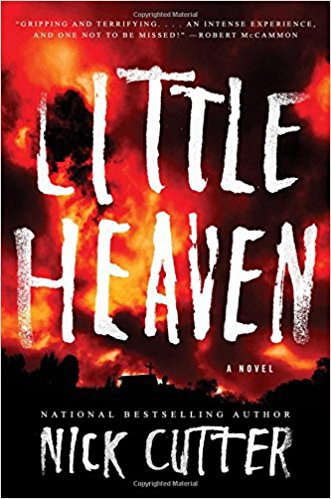 Germaine Greer: Shakespeare (Past Masters series) (Oxford University Press: Oxford, 1986)
Germaine Greer: Shakespeare (Past Masters series) (Oxford University Press: Oxford, 1986)
I wonder if there was a time when, at least as an adult, the name Germaine Greer was unknown to me. Yet this slim volume, picked up in the last mad pre-demolition trolley dash round our old sixth-form building almost a year ago, is my first reading of any of her works. I feel a bit embarrassed about that.
This week’s quotation is another episode in my ongoing railing against the temptation to put attitudes, bias, any kind of dogma, into Shakespeare’s words. Also, another teasing out of my thoughts about why art, but in this case Shakespeare, is so valuable to us as human beings.
I don’t think it’s any coincidence, as I often tell classes, that Dracula and War of the Worlds were both published in 1897 and featured Britain being invaded by creatures who sucked the blood out of ‘good English folk’. Art plays to the preoccupations of the society that produces it – in that case the xenophobic concern that Empire was sucking the lifeblood out of the Motherland – which is why a solid contextual understanding enriches our readings of the plays (and why all that historical non-fiction reading I did last year has been so interesting and useful).
One of the reasons Shakespeare endures, as I think I have touched on before, is that he is not didactic. I don’t think he could have survived long as a playwright had he, given the tensions and intolerances of his day. Where James I is said to have relished intellectual debate, Elizabeth appears to have been less forbearing. Didacticism had, in any event, effectively fallen out of favour with the Morality Plays. Instead, as Hamlet famously describes, the plays:
hold, as ’twere, the mirror up to nature; to show Virtue her own feature, scorn her own image, and the very age and body of the time his form and pressure.
We see ourselves, as I have alluded to in the past, if we dare to stop and think. It’s the difference between understanding the play’s narrative, considering the themes and issues, and then going further and examining your response. That’s the bit, I think, that teaches you about yourself. As Sir Terry Pratchett (GNU) might put it:
“First Sight means you can see what really is there, and Second Thoughts mean thinking about what you are thinking. And in Tiffany’s case, there were sometimes Third Thoughts and Fourth Thoughts although these…sometimes led her to walk into doors.” I Shall Wear Midnight
Quote of the Week has turned into three quotes. Here, finally, is Germaine Greer reminding me, hopefully persuading you, that it is the ‘new insights and sympathies‘ which are the drug that makes reading Shakespeare such an enriching experience:
Share this:While it is possible to trace many Elizabethan preoccupations through Shakespeare’s oeuvre, it is impossible to decide categorically what he though about the rights and duties of kings, nobles and commoners, or the fortunes of war or religious faction or any of the notions upon which his contemporaries disagreed with increasing bitterness as the inexorable progress towards civil war gathered momentum. Shakespeare is typical of what was best in the tradition of heroic Protestantism in that he sought above all to discredit the idea of lip-service. In his theatrical teaching he did not aim at agreement with a position already taken but at understanding of what was involved in the issue. Thus his theatre does not attempt to dazzle or overwhelm the individual sensibility, but to stimulate it to new insights and sympathies.





